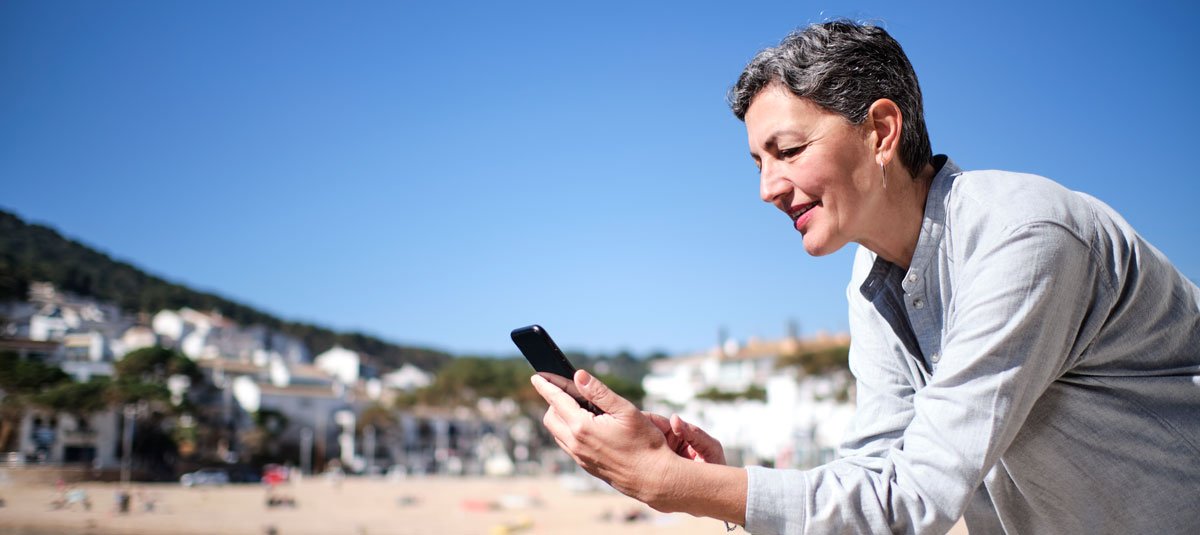How we can help
Personalised financial advice
If you need help with investing or have complex finances to juggle, our financial advisers can help you make better sense of it all.
So if you have a minimum of £100,000 to invest for the long term and would like a free, no-obligation chat about your needs, call us on 0800 222 550.
Explore our financial advice service
Retirement services
If you're thinking about accessing your pension soon and want to understand what options are available, our retirement services team can provide both free guidance or paid-for personalised advice.
Call us on 0800 368 6882 to book a free, no-obligation appointment.





